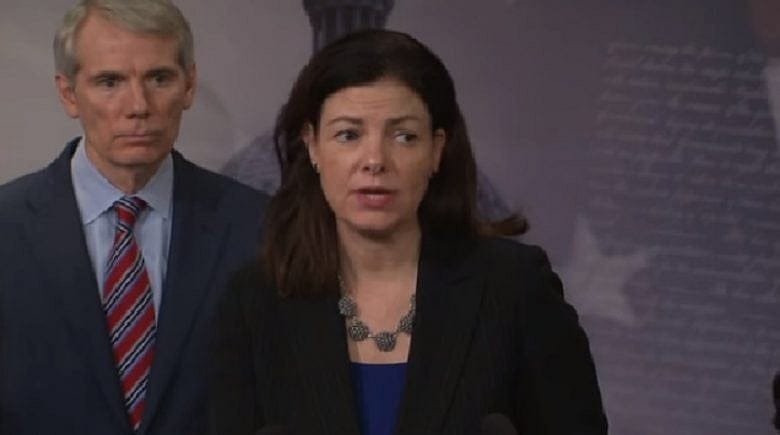Ayotte welcomes Obama’s turn to drug abuse fight

MANCHESTER, N.H. – When President Barack Obama turned his attention last week to the opioid and heroin overdose epidemic that has ravaged families across the country, New Hampshire Sen. Kelly Ayotte may well have wondered what took him so long.
In 2014, Ayotte, a Republican, was a co-sponsor in 2014 of a bill that would direct resources to help drug abusers, first responders, law enforcement agencies and addicts in recovery, according to a statement on the freshman senator's website. The Comprehensive Addiction and Recovery Act, which she helped reintroduce last year, passed the Senate 94-1 early last month.

